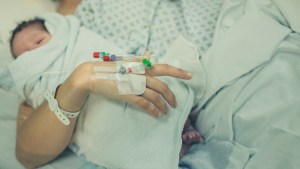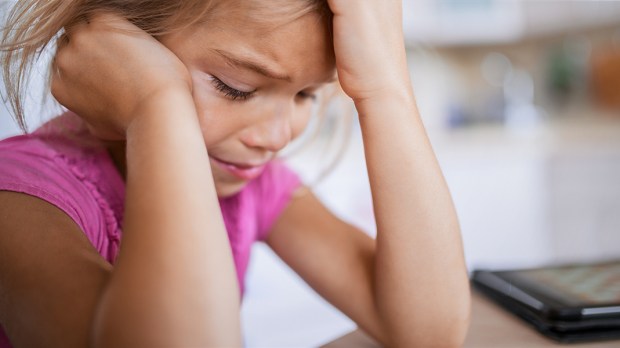One of the worst aspects of Western medicine has long been the tendency to treat the body like a machine, disconnected from a patient’s thoughts, memories, and emotions, and seek physical causes for all illnesses. This is especially silly in light of everything we know about the interplay between the mind and body — for example, that mental and emotional stress cause high blood pressure and inflammation.
Read more:
Does Trauma Help Us Grow?
In recent decades, doctors have begun to understand and acknowledge this connection, encouraging more patients to seek psychological as well as physical healing. But the staggering cost of emotional trauma on a person’s health is still underestimated, sometimes inexcusably so.
Childhood trauma leads to lifelong chronic illness. This isn’t a hypothesis or a theory — this is a well-documented medical fact, one that most of us have probably never heard. I assumed that it was a recent discovery when I read the headline, but it’s not.
Donna Jackson Nakawaza has suffered from auto-immune diseases since her father’s death when she was 12. She sought explanations for her seizures and paralysis from many doctors, eventually ending up at Johns Hopkins, but it wasn’t until she was 51 that a doctor explained there had been an explanation for her illnesses all along:
As a science reporter I was shocked to discover that research linking childhood stress to adult illness began in 1996 with the Kaiser Permanente-CDC Adverse Childhood Experiences Study (ACE Study). Since then, over 1,500 peer-reviewed studies have replicated these findings.
As her physician explained to her, chronic adversity or trauma as a child leads to a chronic state of “fight, flight, or freeze.” This state is induced when inflammatory stress hormones flood our body and brain, and it’s an evolutionary trait designed to help us survive.

Read more:
The day I almost died in childbirth
The problem is that when these hormones flood a child’s body, they alter the genes that control stress reactivity, setting the stress response to “high” for life. This dramatically increases the risk for inflammation, which can manifest later in life as cancer, heart disease, and autoimmune disease.
But that doesn’t mean that for adults, the damage is done. A large study showed that when doctors acknowledge and discuss childhood trauma with their patients, those patients have a 35 percent reduction in follow-up visits. It seems that validating a patients suffering allows them to see it as legitimate, and finally address it.
Obviously, an ounce of prevention is worth a pound of cure. Even seemingly “normal” childhood trauma like divorced parents or constant belittling by parents or siblings can cause a fight-or-flight response, so parents should be mindful of their child’s stress levels and strive to create a calm and loving environment.
For adults who suffered trauma as children, the best medicine is open acknowledgement, coupled with recognition that the lingering effects of childhood trauma are real. Fortunately, interventions like mindfulness and meditation have been proven to help adults recover from trauma, even decades after the trauma itself.
While it may not be possible to completely eliminate the effects of childhood trauma, it is possible that working to heal from the trauma might mitigate the illnesses that resulted from it.

